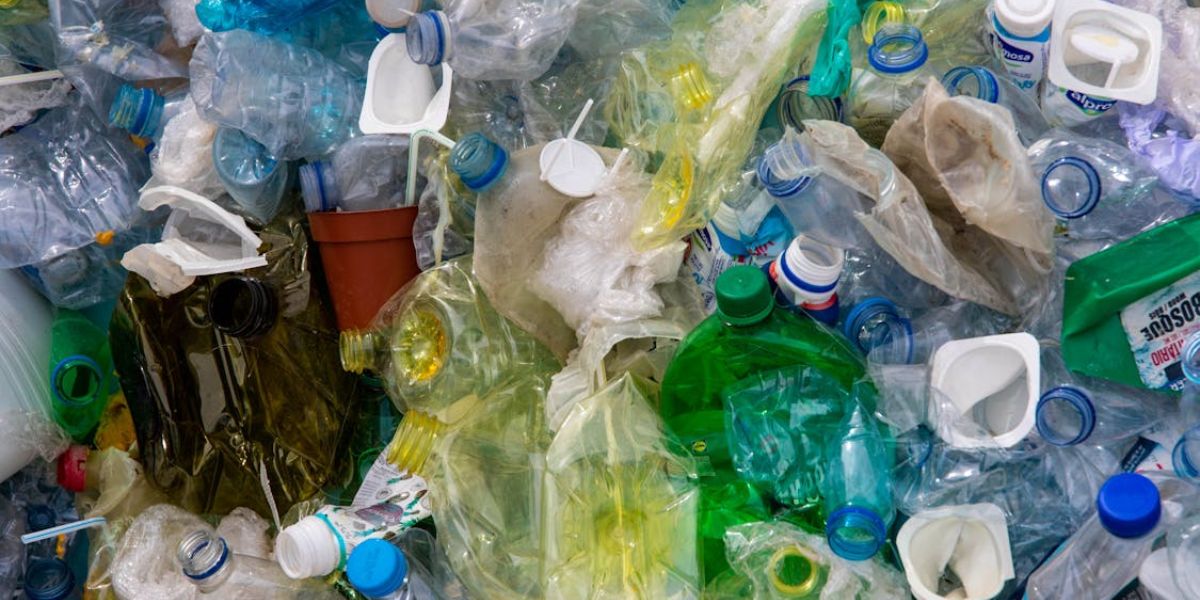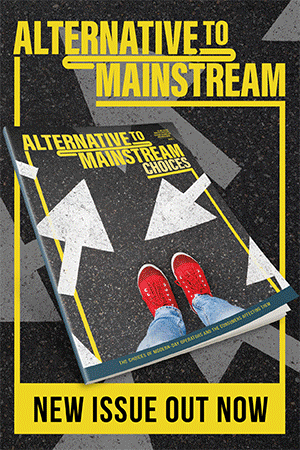The countdown to the new Simpler Recycling reforms begins
There are now on 66 days to go before care homes will have to separate their waste in accordance with Defra’s new food waste regulations, which come into force on the 31st March

With just 66 days left to go until the government’s new Simpler Recycling reforms are implemented, BusinessWaste.co.uk is concerned that many companies aren’t prepared for the rule changes.
Business Waste reports that it sent out communications to over 15,000 customers to make them aware of Defra's new Simpler Recycling reforms and response data suggests only 1% was prepared for the new laws.
Mark Hall, a waste management expert at Business Waste, has shared everything catering businesses need to know ahead of the rules coming into force on 31st March 2025.
Who do the rules apply to?
The new Simpler Recycling rules affect any business with 10 or more full-time employees and arrangements to comply with them must be in place by 31st March 2025. Businesses that fit under this category must arrange separate collections of food waste, paper and cardboard (can be combined), and other dry recycling (glass, plastic, and metals, which can also be combined).
It means businesses can no longer throw any of these materials away with general waste. The rules apply to businesses regardless of how many employees are on-site at once. For example, if a business has two locations with five full-time employees at each, it must still comply with the Simpler Recycling regulations, as it’ll have 10 employees in total.
What do these businesses need to do?
Businesses must arrange separate collections of all food waste, paper and cardboard, and dry recycling (glass, plastic, and metals) they produce by licensed waste carriers. All businesses, schools, hospitals, and other ‘non-household municipal premises in England should have separate bins to store these three waste streams.
Using commercial waste collection services and licensed waste carriers should ensure compliance with the new plans. Separate bins can be used for each recycling stream or dry mixed recycling bins can be used to combine plastic and metals for ease (such as food packaging). Paper and card must be collected separately from other dry recyclables.
What rules apply to food waste?
The new law means that most businesses will have to separate food waste from other waste streams. Thus, companies must store waste food in separate bins and arrange for its collection by licensed waste carriers.
Any business in England that produces more than 5kg of food waste per week must arrange separate collections by licensed waste carriers. This includes any biodegradable material waste produced from processing or preparing food – including inedible parts like bones, eggshells, fruit and vegetable skins, tea bags, and coffee grounds. According to the official government response, the preference is for food waste to go for anaerobic digestion treatment. This is because it generates biofuel and digestate from unavoidable waste food. Biofuel can be used for energy while digestate is spread on land to recycle nutrients and help form a circular economy.
What can businesses do to transition and keep costs low?
It’s important to implement any changes a business needs in plenty of time. This way they’ll be able to spot and fix any teething issues as they arise, and before the rules are enforced.
A great place to start is to conduct a waste audit to understand how much waste the business produces, what types of waste it generates, and what bins and collections are required. Business Waste offers a free waste management audit that can help.
Following on from this, businesses can create a waste management plan that will help ensure that their business manages its commercial waste safely, appropriately, and efficiently.
Train and educate staff
All staff must understand the new laws and what changes are being made in the business to follow these. Staff should be educated as to the amount and type of waste being generated and its impact on the environment, so they understand the reasons behind the changes.
Set clear guidance to follow and provide instructions or labelling that helps staff segregate and dispose of waste correctly.
Prevent waste at the source
Reducing waste is cheaper and better for the environment than removing it. Businesses should look for ways they can reduce their waste at the source. Rethink packaging, switch from single-use products to reusable options, or evaluate inventory management.
Partner with a broker
A waste broker can help businesses to understand their waste needs, arrange any collection and disposal services, and work with their suppliers to find the best price. Using a waste broker should ensure that businesses meet all the requirements of Simpler Recycling and it also removes a lot of the admin and time spent arranging waste collection.
Utilise free bins
Business Waste can also help companies with their transition to the new rules by providing millions of free bins to customers. There are no delivery fees or hire charges, businesses only pay for the collection costs. Any business using Business Waste services can access a wide range of free bins to separate their waste
Mark Hall concludes: “It’s a big win for the environment and it aligns well with the government’s sustainability goals. We’re geared up to help businesses comply with these regulations, ensuring a smoother transition to greener waste management practices.”








